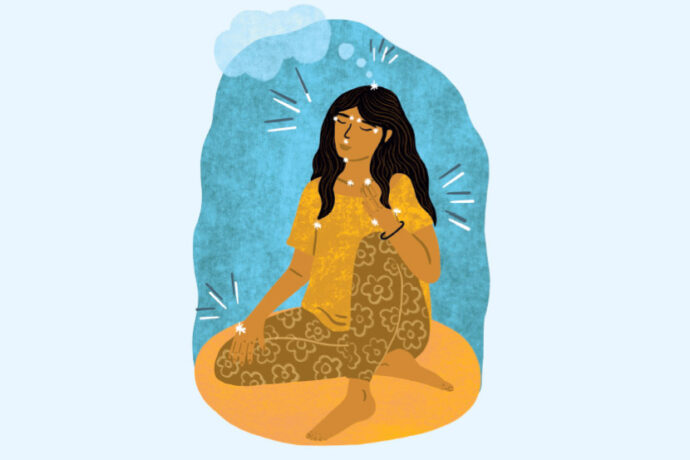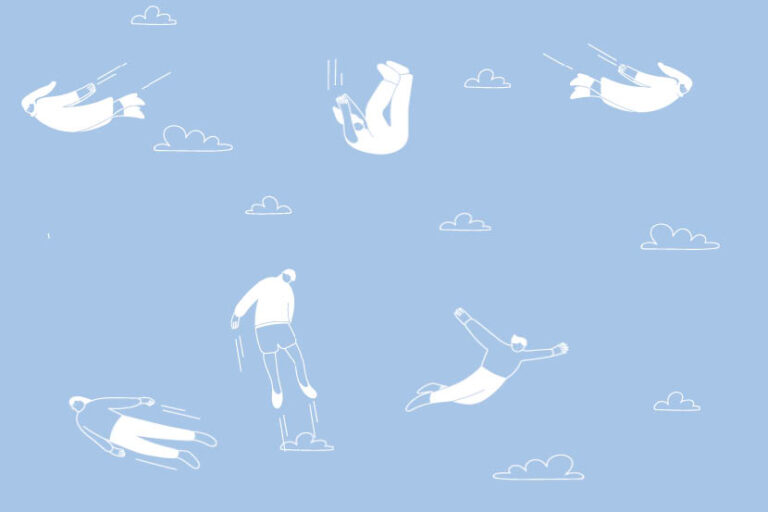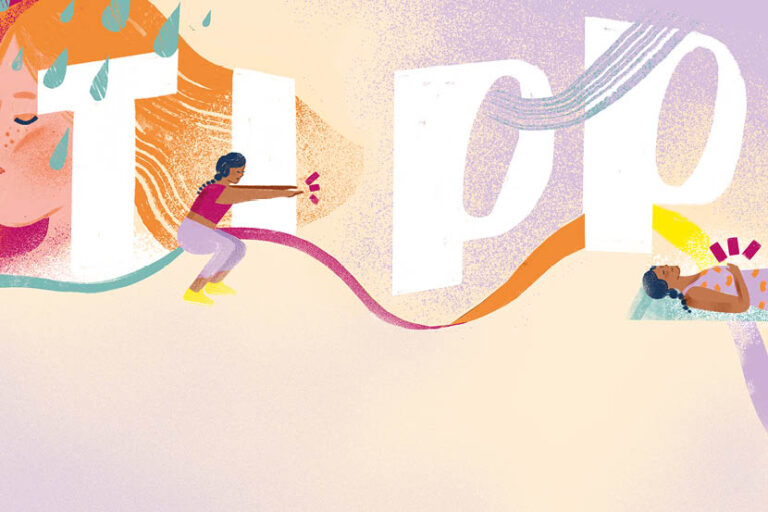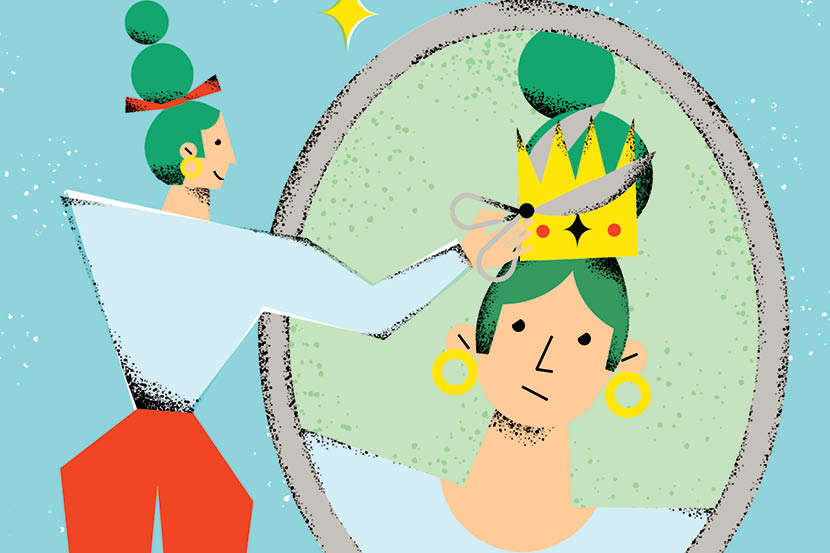
Far from being a sign of weakness, this often undervalued trait has much to say for itself.
In the modern western world, achievement is prized. Striving towards big dreams is generally encouraged and valued. And sometimes, in this space of exertion and striving, the quality of humbleness is neglected.
The word’s roots, in the Latin humilis, meaning “low” or “having or showing a modest or low estimate of one’s importance” might provide a clue as to why this is the case. Not an appealing thought, after all, but this would be to overlook the many benefits offered by being humble.
‘To forget how to dig the earth and to tend the soil is to forget ourselves’ – Mahatma Gandhi
Top ways to cultivate humility
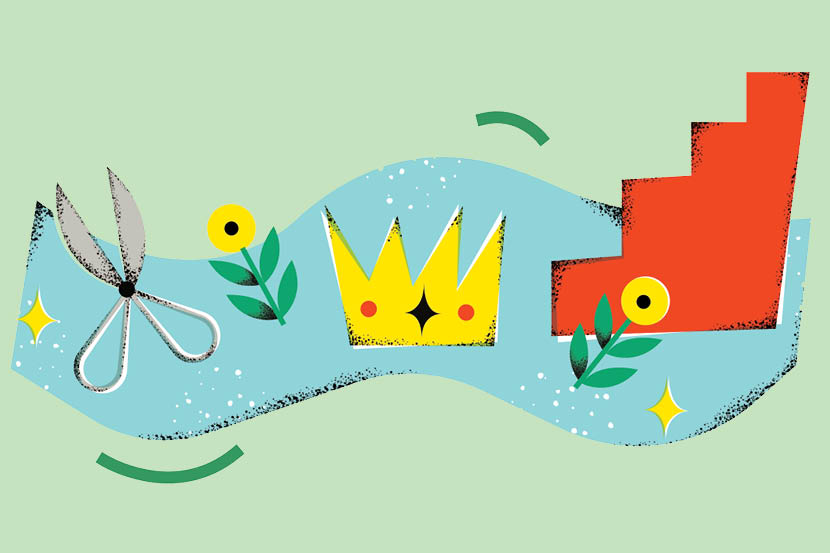
Explore strengths and weaknesses
In a TED Talk called Choosing Humility In a Self-Centred Age, Quincy Mix, a student from Furman University in the US, discusses the message to ‘just be yourself ’. While such a slogan can help people to embrace their individuality, it has another side, too, sometimes leading to narcissism and a lack of critical evaluation of strengths and weaknesses.
A 2010 study found that US college students scored higher on a scale measuring narcissism than their predecessors had in the 1980s, though the authors emphasised the importance of not overgeneralising the results.
Nonetheless, in challenging work situations or personal relationships, for example, it takes humility to look honestly at what’s going on and to recognise personal limitations or areas for improvement. Niemiec and McGrath say: ‘If you receive feedback from others … [Use] critical thinking to see if there’s something in it that can be useful.’
Express gratitude
A study published in the journal Social Psychological and Personality Science showed there was an ‘upward spiral of gratitude and humility’. The more grateful people are, the more humble they are, and the more humble they are, the more likely they are to express gratitude.
Staying focused on small, everyday things helps to prevent an attitude of entitlement.

Listen with awareness
Listening is a free and profound way to show humility. It can be easy to jump in, to interrupt, to talk about the self for attention, validation, or promotion. Listening a while longer signals that the other person is valued.
Asking questions does this too. Niemiec and McGrath suggest noticing ‘when you speak more than others in a group and focus on the other people’. It’s about being more mindful, and focusing attention on others, rather than waiting for a pause in the conversation to speak.
Find balance
Most people like attention, to share information about their lives, and to be heard. As Niemiec and McGrath say: ‘Each of us has ego needs that vary from time to time and all of us seek recognition or approval from time to
time.’ However, they also point out that ‘the overuse of humility turns into something else – self-deprecation or subservience… excessive use can be a sign of poor self-image’. A humble person may be ‘denying themselves’ to others who want to get to know them, a habit that can impact relationships. Finding balance is crucial, and being aware of any tendencies towards both sides of the self-promotion-humility spectrum can help.
ILLUSTRATIONS: Magda Azab







